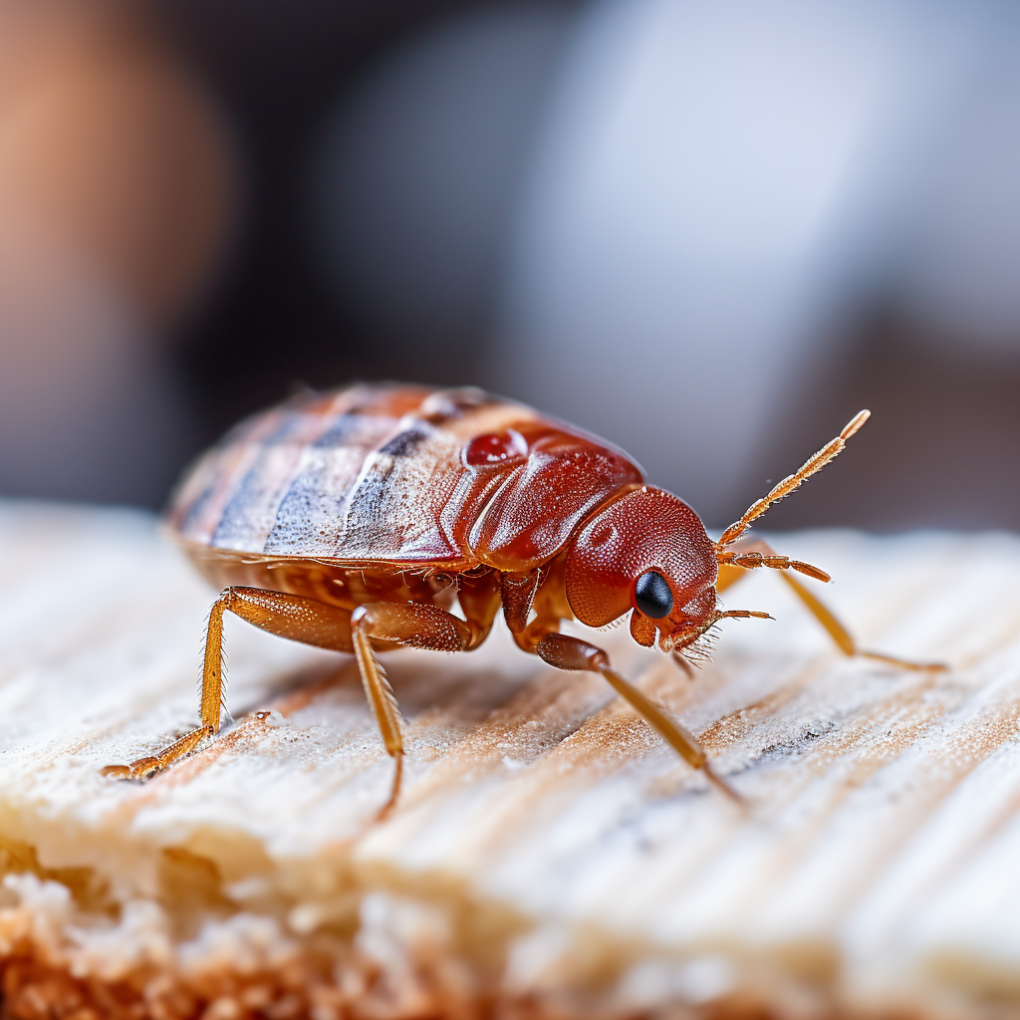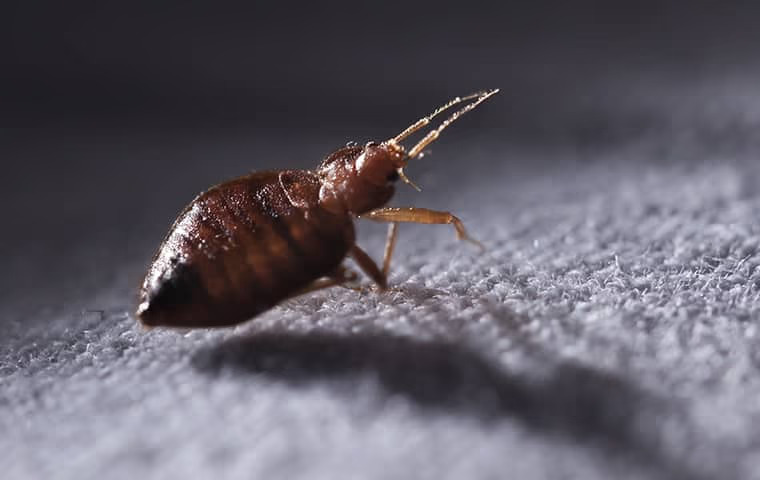Kings Cincinnati Bug Control Companies: Reliable Services
Wiki Article
Kinds Of Parasite Control: Which Technique Is Right for Your Problem?
When encountered with a bug problem, the option of an ideal approach for parasite control is critical in properly taking care of the scenario. By discovering the numerous kinds of parasite control approaches readily available, people can make educated decisions tailored to their unique circumstances, ensuring a more efficient and sustainable outcome in parasite obliteration.Chemical Bug Control
Chemical bug control involves using artificial or normally derived chemicals to manage and get rid of pest populaces efficiently. This method is generally used in agriculture, forestry, and residential setups to deal with a variety of bugs, including rodents, insects, and weeds. Making use of chemical pesticides can provide fast and targeted services to pest infestations, making it a preferred selection for numerous people and services.One of the crucial advantages of chemical parasite control is its capability to promptly get rid of pests, minimizing the risk of damages to plants, residential or commercial property, and human health. By utilizing details chemicals that target particular pests, this method can properly regulate infestations while lessening injury to helpful microorganisms and the environment when used correctly.
Nonetheless, making use of chemical pest control also raises issues about possible unfavorable effects on non-target types, water resources, and human health. It is crucial to adhere to security standards, use chemicals properly, and think about alternate bug control techniques to decrease these threats and make certain lasting parasite administration practices.
Biological Insect Control
Biological pest control, likewise understood as biocontrol, uses living organisms to handle and reduce insect populations naturally. This approach utilizes the power of nature to manage parasites without the demand for synthetic chemicals. Biocontrol can entail the intro of natural adversaries of the parasite varieties, such as parasites, predators, or pathogens, to reduce insect populaces. By utilizing the bug's all-natural killers or pathogens, biological insect control uses a sustainable and environmentally friendly option to pest administration.
Mechanical Insect Control
Making use of physical and manual approaches to take care of insect populations, mechanical parasite control provides a different approach that does not depend on using living microorganisms or synthetic chemicals. This technique entails using barriers, catches, or various other tools to literally deter or eliminate parasites. By obstructing parasite entry factors or establishing up catches to capture them, mechanical pest control can effectively reduce infestations without introducing chemicals into the environment.One common example of mechanical pest control is making use of mesh screens on doors and home windows to stop pests from getting in structures. This straightforward yet reliable technique functions as a physical obstacle, keeping insects out while enabling for proper ventilation. In addition, tools like mousetraps, fly swatters, and ultrasonic repellents drop under the mechanical bug control classification.
While mechanical insect control methods can be labor-intensive and call for normal tracking and maintenance, they offer a lasting and eco-friendly service for managing parasite problems. By integrating different mechanical strategies, residential property owners can create a comprehensive parasite control method that reduces dependence on chemical pesticides.
Physical Pest Control

Some typical physical parasite control methods consist of using barriers such as webs or screens to stop parasite access, traps to catch and eliminate parasites, and hand-picking to literally eliminate pests from plants or structures. Additionally, techniques like warm treatments can be made use of to manage parasites like bed pests by elevating the temperature check here level to degrees that are dangerous to the pests.
Physical parasite control is specifically valuable in incorporated parasite monitoring (IPM) methods, where several bug control techniques are integrated for efficient insect management while minimizing using chemicals. By utilizing physical parasite control strategies, individuals can successfully deal with pest infestations with marginal ecological effect.
Integrated Pest Management
When applying physical bug control techniques as part of parasite administration techniques, Integrated Pest Monitoring (IPM) becomes a detailed approach that leverages numerous methods to efficiently control pest populaces. IPM concentrates on lasting avoidance of bugs with a mix of organic, social, physical, and chemical tools tailored to certain insect issues. By incorporating multiple control methods, IPM aims to minimize the dangers connected with pests while likewise reducing dependence on chemical services.One key element of IPM is the emphasis on surveillance and evaluating pest populaces to establish the most ideal control methods. This aggressive technique enables very early treatment and targeted methods, bring about much more reliable parasite management. In addition, IPM advertises ecologically pleasant practices by focusing on non-chemical control techniques and just making use of chemicals as a last resort.
Verdict

By using the parasite's natural killers or microorganisms, biological insect control supplies a ecologically friendly and lasting option to pest management. - Kings best pest control cincinnati
Utilizing physical and hand-operated methods to take care of bug populaces, mechanical insect control offers a different technique that does not depend on the use of living microorganisms or synthetic chemicals.An effective technique to managing bug populations without depending on chemical or biological approaches entails the usage of physical parasite control strategies.When applying physical pest control techniques as component of parasite administration approaches, Integrated Parasite Administration (IPM) arises as a detailed method that leverages numerous techniques to effectively regulate pest populations. Chemical insect control involves the usage of pesticides, biological parasite control uses natural killers, mechanical bug control entails physical barriers, physical bug control includes trapping or getting rid of insects, and helpful resources incorporated parasite monitoring incorporates numerous approaches for an alternative technique to pest control.
Report this wiki page